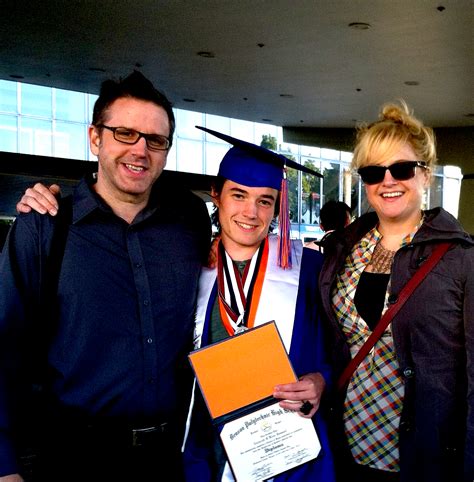A Quote by Lydia Davis
I started with small-press publishers, who were willing to publish all sorts of forms. I didn't move to the larger presses until they knew what they were getting in for.
Related Quotes
Most novels put out by small or corporate presses don't really sell that well - usually a thousand copies or so. Working with a small press, you have to be willing to book reading tours, plan events, make contacts with other small press authors, and find new ways of getting word about your new work out there.
Memoirs are going to be problematic sells for a while, though, because even if memoir means "based in memory," right now, in the collective mind, memoir means "recovery." When my agent and I started looking at small presses the possibility for my book, I realized most small presses were not publishing memoir, because they don't want to be associated with the genre that Mary Karr calls, half-facetiously, "literature's trashy cousin."
I was not afraid of the press or the militants. It was uncomfortable, but I was not afraid. With respect to the press, I knew I knew more than they knew about city matters. With respect to the militants, I understood it. I mean, everybody believed in those days that they were being screwed, you know, that somebody was getting ahead of them.
When I was in high school in the early 1970s, we knew we were running out of oil; we knew that easy sources were being capped; we knew that diversifying would be much better; we knew that there were terrible dictators and horrible governments that we were enriching who hated us. We knew all that and we did really nothing.







































